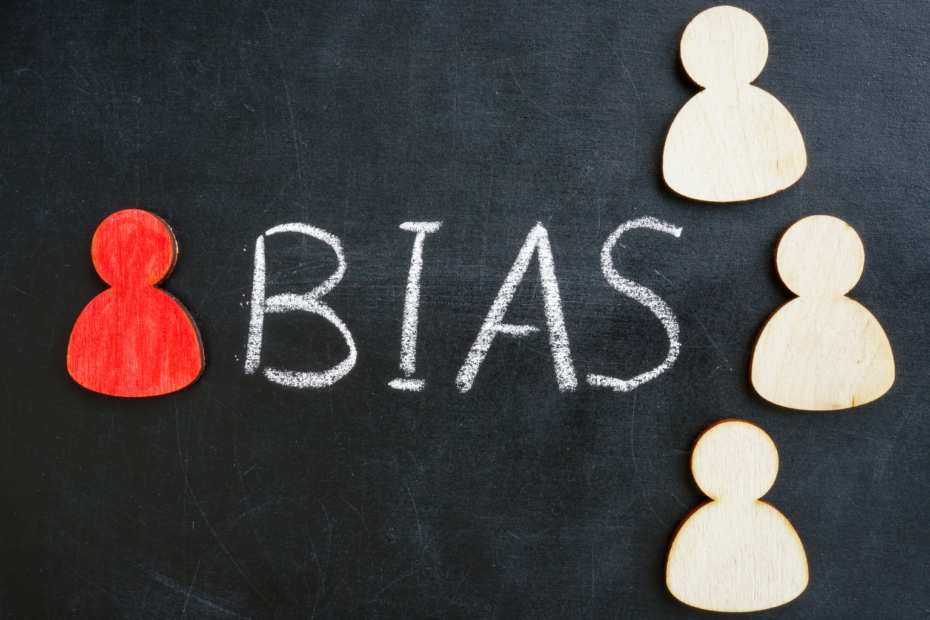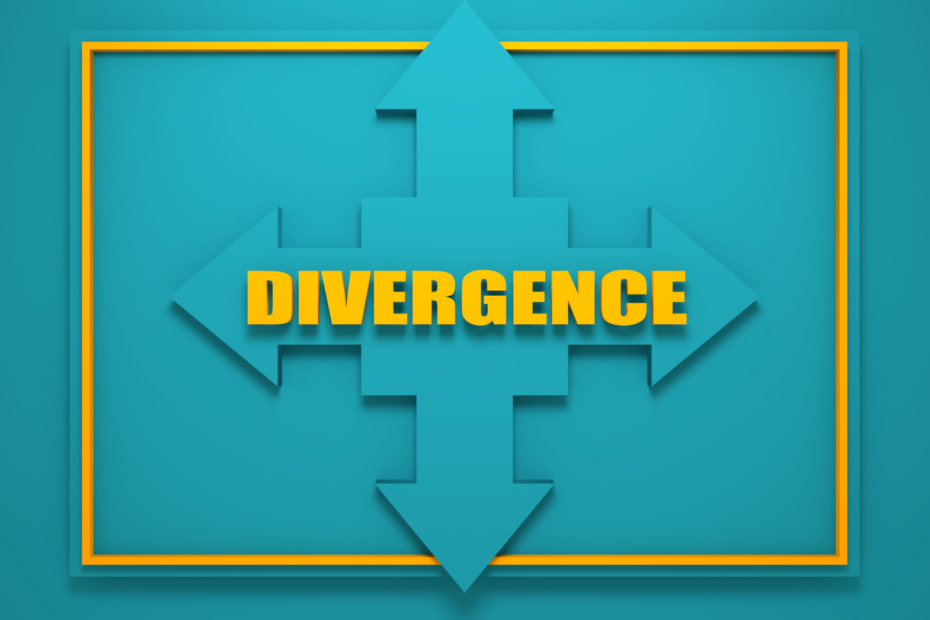Game theory is a mathematical framework used to study decision-making in strategic situations where the outcome of one person’s choice depends on the choices of others. It has wide-ranging applications in fields such as economics, political science, psychology, and computer science. In this article, we will explore the basics of game theory, its key concepts, and its applications.
What is Game Theory?
Game theory is the study of how people make decisions in situations where their actions affect others, and vice versa. It is used to model and analyze a wide range of social interactions, from simple games like rock-paper-scissors to complex political and economic negotiations. Game theory can be applied to situations where there are two or more players, each with a set of available strategies, and each seeking to maximize their own payoff or utility. The interactions between the players are often modeled using a payoff matrix, which shows the outcomes of all possible combinations of actions.
What are the key concepts in a Game?
Game theory is a field of study that models strategic interactions between agents or players. The key concepts of the game include:
- Players: Game theory involves at least two players or decision-makers, each of whom seeks to maximize their own payoff or outcome.
- Strategies: Players have a set of strategies available to them. A strategy is a plan of action that the player chooses to pursue.
- Payoffs: Each player has a set of payoffs that determine the outcome of the game. Payoffs can be monetary or non-monetary and can represent a range of outcomes, such as utility, satisfaction, or social welfare.
- Nash equilibrium: A Nash equilibrium is a stable outcome in a game where no player can improve their payoff by unilaterally changing their strategy. In other words, all players are doing the best they can, given what the other players are doing.
- Dominant strategy: A dominant strategy is a strategy that yields the highest payoff for a player, regardless of what the other players do.
- Prisoner’s dilemma: The prisoner’s dilemma is a classic game theory scenario that illustrates the tension between individual and collective rationality. In this game, two players have the option to either cooperate or defect, and the payoffs are structured such that both players would be better off if they cooperated, but each player has the incentive to defect.
Understanding these key concepts is essential for applying game theory to real-world situations and analyzing the behavior of players in strategic interactions.
What are the applications of Game Theory?
Game theory has various applications in different fields, including economics, political science, psychology, biology, computer science, and more. Here are some of the most common applications of game theory:
- Economics: In economics, game theory is widely used to study and understand the behavior of individuals or firms in different markets. It can help in analyzing pricing strategies, strategic interactions, and competition in markets.
- Political Science: Game theory is used to analyze the behavior of political actors, such as politicians, governments, and interest groups, in different situations. It can help in understanding the effects of policy decisions, voting behavior, and coalition formation.
- Psychology: Game theory is also used in psychology to study the behavior of individuals in social situations. It can help in understanding the motivations, decision-making processes, and biases of individuals in different scenarios.
- Biology: Game theory is used in biology to study the evolution of animal behavior. It can help in understanding how animals interact with each other, form groups, and compete for resources.
- Computer Science: Game theory is also used in computer science to study the behavior of algorithms and artificial intelligence systems. It can help in analyzing the effectiveness of algorithms in different situations, such as search algorithms or Machine Learning models.
- Negotiation: Game theory is commonly used in negotiation to analyze the behavior of parties involved in a negotiation. It can help in understanding the motivations and interests of each party and can assist in finding optimal solutions for all parties involved.
- Policy Making: Game theory is used to analyze the effects of different policy decisions and to design optimal policies in different situations. It can help in understanding the behavior of individuals or groups affected by a policy, and in designing policies that achieve the desired outcomes.
In conclusion, game theory has a wide range of applications in different fields, and it continues to be an important tool for analyzing human behavior and decision-making.
How can the knowledge of Game Theory affect real life?
Game theory has many real-world applications, especially in policy-making and negotiation. The concepts of game theory can be used to understand and analyze complex social, political, and economic situations where decision-makers must make choices in the face of uncertainty and competing interests.
In policy-making, game theory can help decision-makers design policies that incentivize individuals or groups to behave in certain ways. For example, it can help policymakers design regulations that encourage firms to invest in environmentally friendly technologies or to cooperate in reducing emissions. Game theory can also be used to analyze international conflicts and to help policymakers design strategies that minimize the risk of war or other destructive outcomes.
In negotiations, game theory can help parties reach mutually beneficial agreements. The models can be used to analyze the incentives and potential outcomes of different negotiation strategies. This can help negotiators develop strategies that maximize their outcomes while also accounting for the other party’s goals and preferences. Game theory can also be used to analyze strategic interactions in business and to help firms develop pricing strategies that account for their competitors’ reactions.
Overall, it provides a powerful tool for analyzing complex decision-making situations and designing strategies that can lead to positive outcomes. By understanding the key concepts and applying them to real-world situations, decision-makers can improve their ability to navigate complex social, political, and economic environments.
What are the different types of games?
Game theory is the study of strategic decision-making between two or more players. A “game” refers to any situation where there are two or more players who interact with each other, with each player’s actions affecting the other players’ outcomes. There are various types of games studied in game theory, including:
- Simultaneous Games: In a simultaneous game, each player chooses their strategy without knowing what the other player has chosen. This type of game is also known as a non-cooperative game because players do not interact with each other during the game.
- Sequential Games: In a sequential game, players make their decisions in a specific order, and each player’s decision is based on the decisions of the players who came before them. This type of game is also known as a dynamic game because the game changes as players make their decisions.
- Zero-Sum Games: In a zero-sum game, one player’s gain is another player’s loss. This means that the total gains and losses in the game add up to zero.
- Non-Zero-Sum Games: In a non-zero-sum game, the sum of the gains and losses is not necessarily zero. In this type of game, all players can benefit or lose together.
- Cooperative Games: In a cooperative game, players can communicate and work together to achieve a common goal. This type of game is also known as a coalition game.
- Stochastic Games: In a stochastic game, the outcome of the game depends not only on the players’ actions but also on random events that occur during the game.
- Repeated Games: In a repeated game, players play the same game multiple times, and each player’s decision in each game affects the outcomes of future games.
Understanding the different types of games is crucial to developing effective strategies in game theory. Each type of game has unique characteristics that affect the behavior of the players and the outcomes of the game.
What are real-world examples of Game Theory?
Game theory has many real-world applications and has been used to model a wide range of scenarios in economics, politics, and social interactions. Here are some real-world examples:
Prisoner’s Dilemma
The Prisoner’s Dilemma is a classic example in game theory, where two individuals are placed in a situation where they can either cooperate or betray each other. This dilemma is often used to model situations where individuals have to make decisions based on self-interest, but where cooperation would lead to a better outcome for both parties. This game is often used to model situations in international relations, such as arms control and nuclear deterrence.

The Tragedy of the Commons
The tragedy of the commons is another classic example in game theory, where individuals use a shared resource for their own benefit, leading to depletion or degradation of the resource. This game is often used to model environmental problems such as overfishing, deforestation, and pollution.
Game of Chicken
The game of chicken is a situation where two individuals are driving cars toward each other and must decide whether to swerve or stay on course. The individual who swerves is seen as weaker, and the individual who stays on the course is seen as stronger. This game is often used to model situations in international relations, such as nuclear deterrence or trade negotiations.
Auctions
Auctions are an important application of game theory in economics. Auctions involve bidders competing for a prize or item, and the rules of the auction determine how the winner is determined. Game theory can be used to model different types of auctions, such as sealed bid auctions, ascending auctions, and Dutch auctions.

Voting
Voting is another important application of game theory in political science. Elections can be modeled as games, where candidates must choose their campaign strategies based on the actions of their opponents. Game theory can be used to model different types of voting systems, such as plurality voting, ranked-choice voting, and proportional representation.
Overall, game theory provides a useful framework for modeling and understanding real-world situations where individuals must make strategic decisions based on the actions of others. The examples listed above highlight the broad range of applications in economics, politics, and social interactions.
This is what you should take with you
- Game theory is a mathematical framework used to study decision-making in strategic situations.
- It has a wide range of applications in various fields, including economics, political science, psychology, biology, and more.
- The prisoner’s dilemma, the tragedy of the commons, and the game of chicken are some of the most well-known examples of game theory in action.
- It can be used for policy-making, negotiation, and conflict resolution.
- It is important to understand the key concepts and different types of games to apply them effectively in real-world situations.
- With the increasing complexity of strategic decision-making in our world today, game theory is becoming increasingly relevant and valuable.
What is a Probability Distribution?
Unlock the power of probability distributions in statistics. Learn about types, applications, and key concepts for data analysis.
What is the F-Statistic?
Explore the F-statistic: Its Meaning, Calculation, and Applications in Statistics. Learn to Assess Group Differences.
What is Gibbs Sampling?
Explore Gibbs sampling: Learn its applications, implementation, and how it's used in real-world data analysis.
What is a Bias?
Unveiling Bias: Exploring its Impact and Mitigating Measures. Understand, recognize, and address bias in this insightful guide.
What is the Variance?
Explore variance's role in statistics and data analysis. Understand how it measures data dispersion.
What is the Kullback-Leibler Divergence?
Explore Kullback-Leibler Divergence, a vital metric in information theory and machine learning, and its applications.
Other Articles on the Topic of Game Theory
Standford University provides an interesting article on the definition of Game Theory.

Niklas Lang
I have been working as a machine learning engineer and software developer since 2020 and am passionate about the world of data, algorithms and software development. In addition to my work in the field, I teach at several German universities, including the IU International University of Applied Sciences and the Baden-Württemberg Cooperative State University, in the fields of data science, mathematics and business analytics.
My goal is to present complex topics such as statistics and machine learning in a way that makes them not only understandable, but also exciting and tangible. I combine practical experience from industry with sound theoretical foundations to prepare my students in the best possible way for the challenges of the data world.





